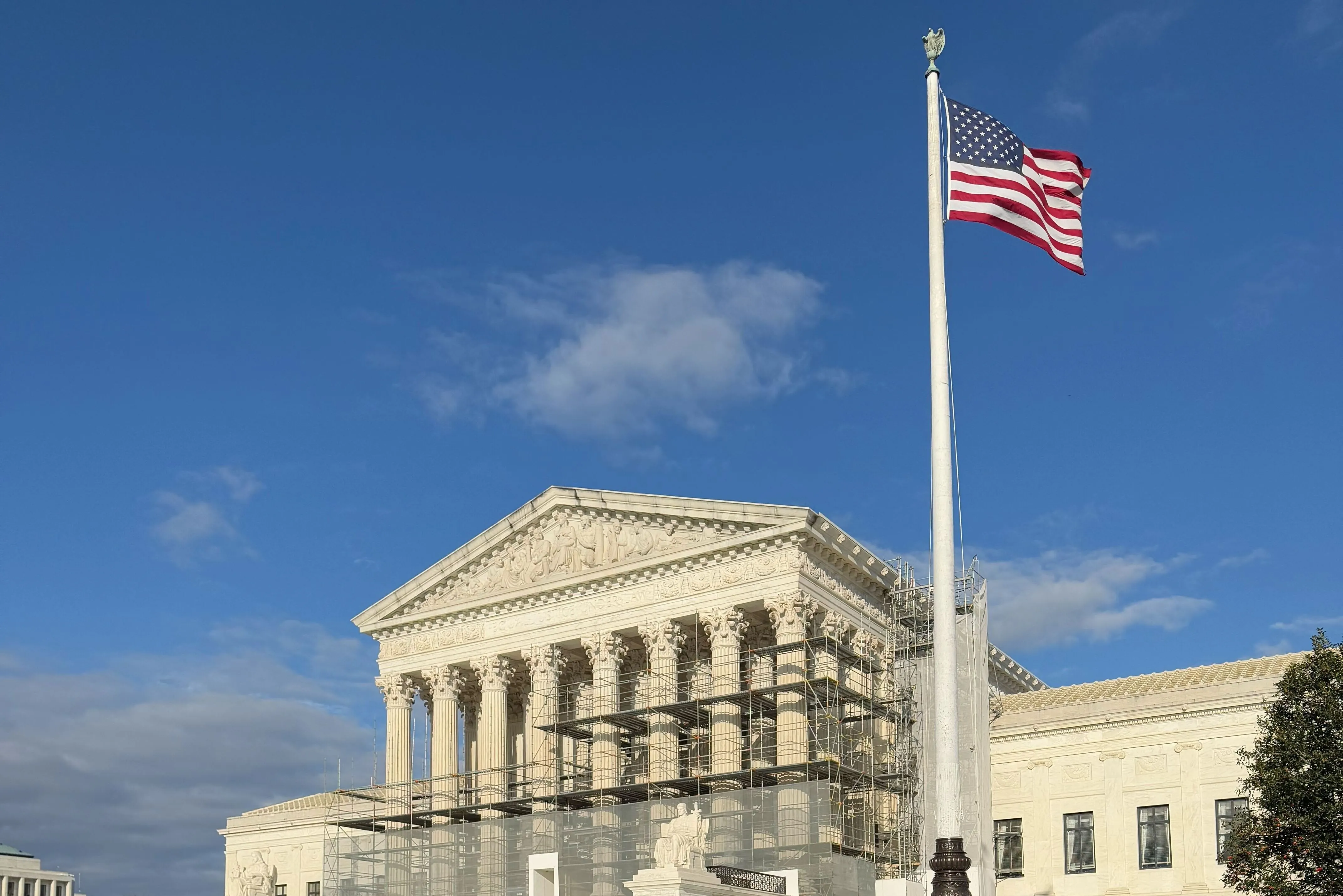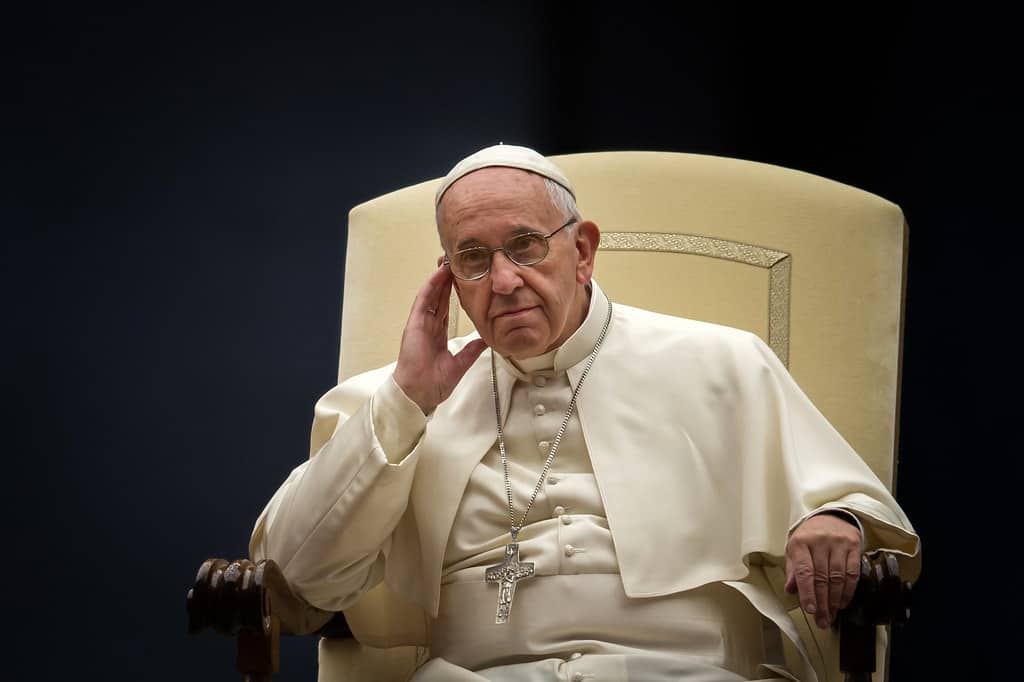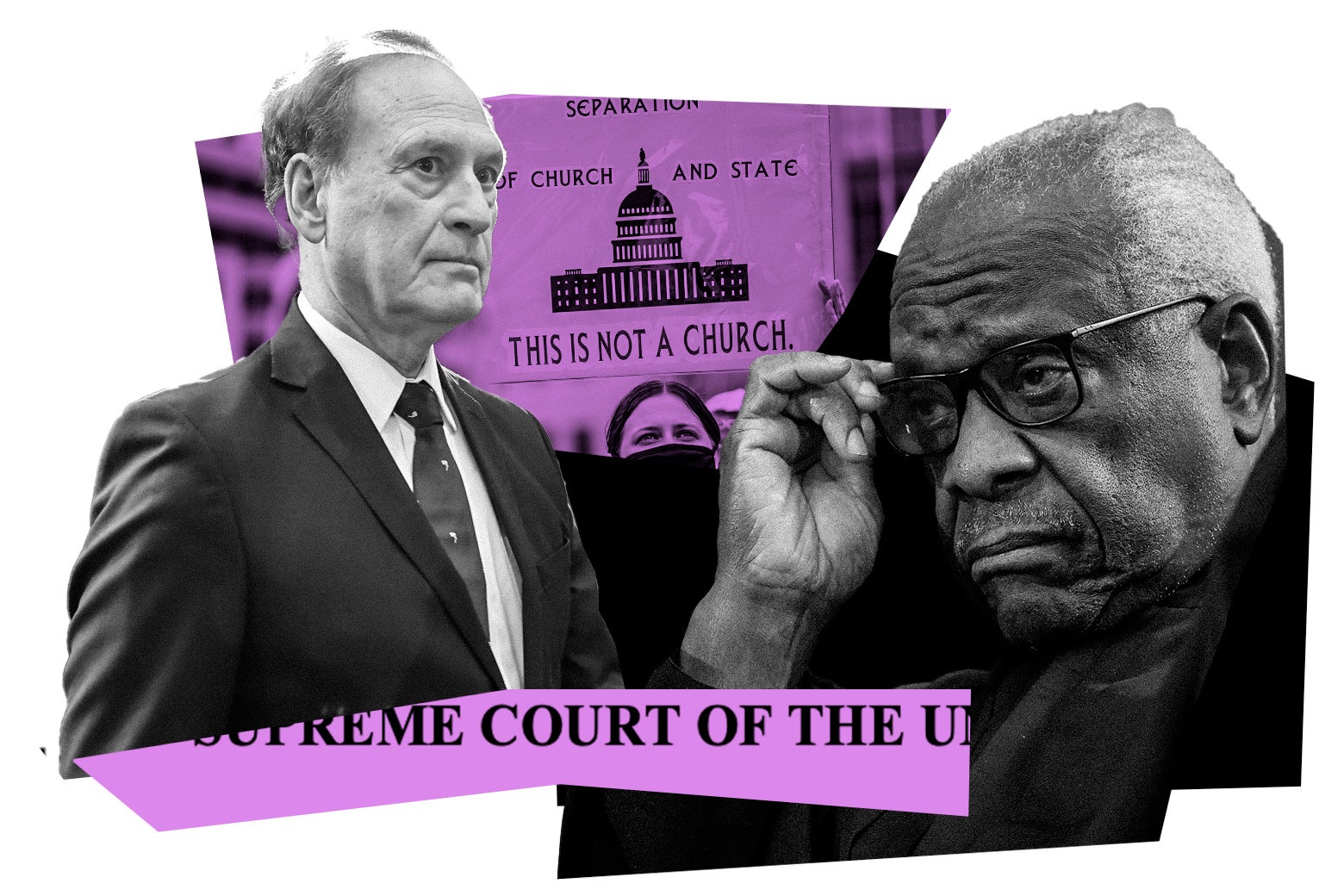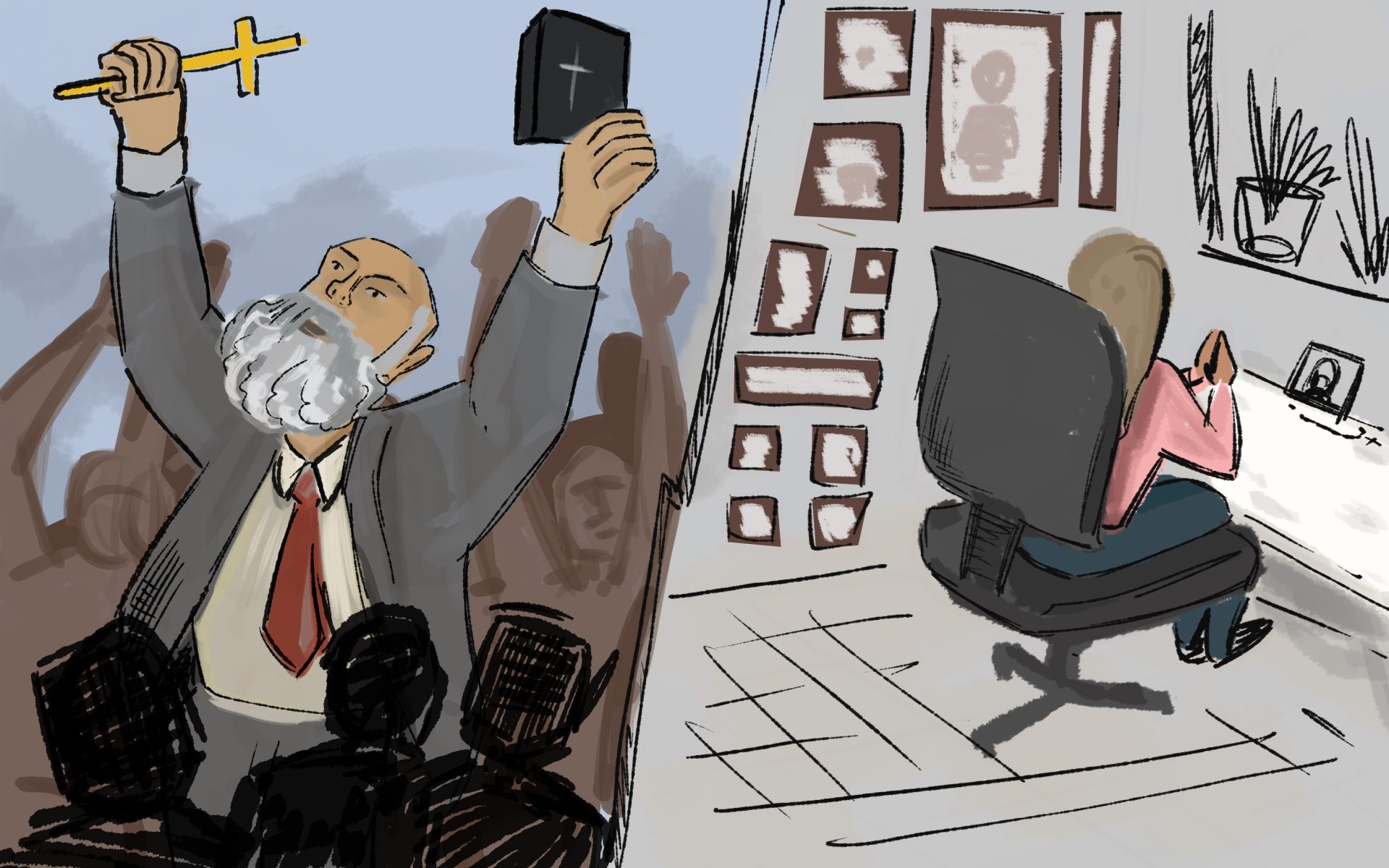Sanctuary Cities of Faith: How Churches Are Becoming Lifelines for Migrants
Religion
2025-03-25 09:00:00Content
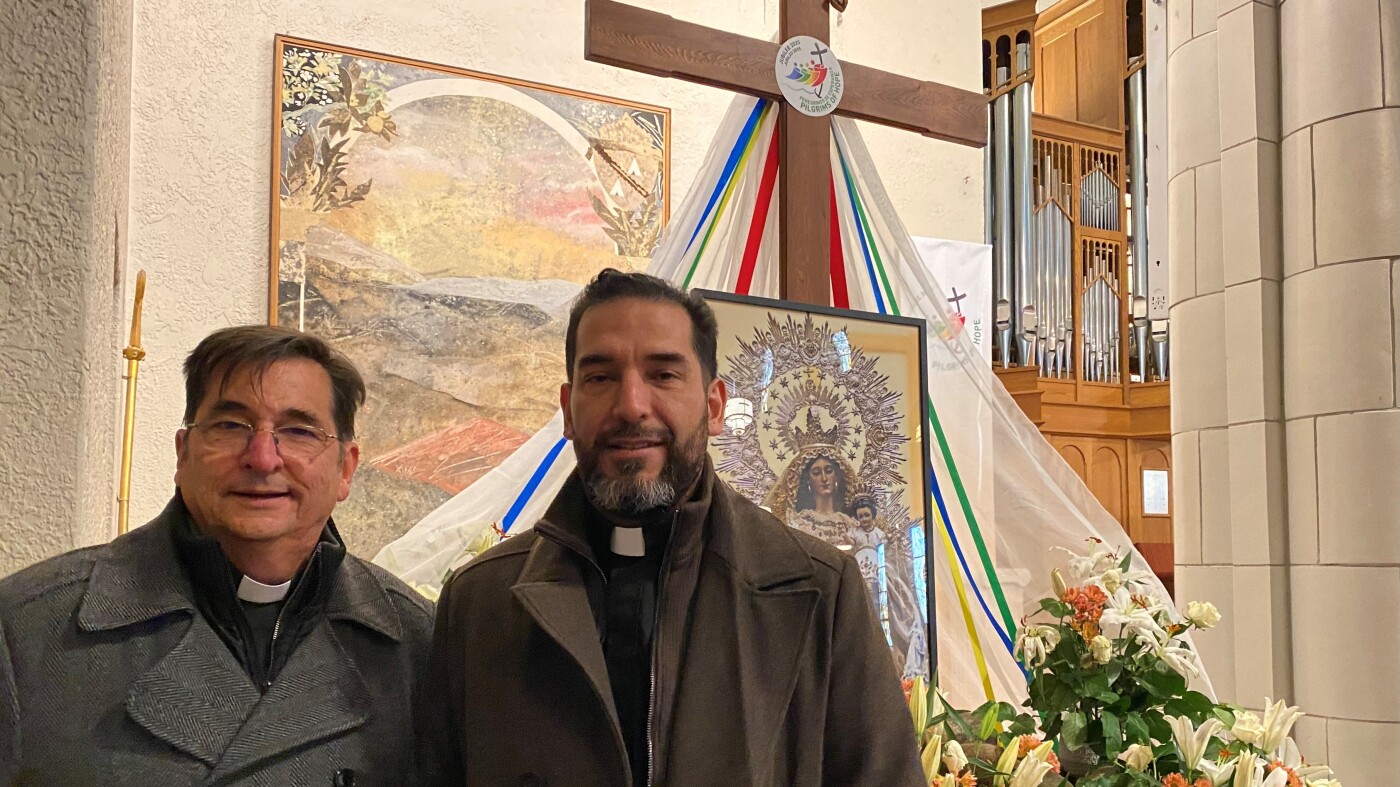
In the face of growing immigration challenges, communities across the nation are stepping up with compassion and creativity. Some local groups are providing critical sanctuary to immigrants, offering safe havens that protect vulnerable individuals from potential deportation. Meanwhile, other organizations are taking a holistic approach, extending support directly to immigrant families through comprehensive social services.
These grassroots efforts represent a powerful demonstration of solidarity and human kindness. Sanctuary providers are creating protective networks that shield immigrants from legal uncertainties, while family support groups focus on addressing immediate needs such as healthcare, education, and emotional well-being. From legal aid to community resources, these initiatives are bridging critical gaps and offering hope to those navigating complex immigration landscapes.
The diversity of support reflects the multifaceted nature of immigrant experiences, showing that community care can take many forms. Whether through direct protection or comprehensive family support, these local movements are transforming abstract policy debates into tangible acts of human compassion.
Compassion in Action: How Religious Leaders Are Transforming Immigrant Support Across Communities
In the complex landscape of immigration and social justice, religious leaders are emerging as pivotal agents of change, bridging humanitarian gaps and providing critical support to vulnerable populations. Their innovative approaches to ministry extend far beyond traditional spiritual guidance, creating transformative networks of care and solidarity that challenge existing social boundaries.Empowering Hope: Sanctuary, Solidarity, and Spiritual Resilience
Sanctuary Movements: Redefining Pastoral Responsibility
Religious institutions are increasingly recognizing their moral imperative to protect and support immigrant communities facing systemic challenges. Clergy members are strategically positioning themselves as frontline advocates, transforming sacred spaces into sanctuaries of protection and hope. By offering legal guidance, shelter, and emotional support, these spiritual leaders are challenging restrictive immigration policies and demonstrating profound commitment to human dignity. The sanctuary movement represents a nuanced approach to social justice, where religious principles of compassion directly intersect with practical humanitarian intervention. Priests, pastors, and religious leaders are developing comprehensive support systems that address multifaceted immigrant needs, ranging from legal representation to psychological counseling and community integration assistance.Ministerial Innovations: Holistic Community Support
Beyond physical sanctuary, religious leaders are developing sophisticated support networks that holistically address immigrant families' complex challenges. These innovative ministries go far beyond traditional spiritual counseling, incorporating social work, legal advocacy, language education, and cultural adaptation programs. Clergy members are leveraging their community connections to create robust support ecosystems. They're collaborating with local organizations, legal professionals, and social service agencies to provide comprehensive resources. These collaborative efforts ensure immigrants receive multidimensional support that addresses immediate survival needs while also facilitating long-term social and economic integration.Cultural Bridgebuilding and Community Resilience
Religious institutions are emerging as critical cultural bridgebuilding platforms, facilitating understanding and mutual respect between immigrant communities and local populations. Through carefully designed programs, these leaders are creating dialogue spaces that challenge stereotypes, promote cultural exchange, and foster genuine human connections. By humanizing immigrant experiences and sharing personal narratives, religious leaders are transforming public perception. They're demonstrating that immigration is not merely a political issue but a profound human journey marked by courage, resilience, and hope. Their work challenges dehumanizing rhetoric and promotes empathy-driven social understanding.Spiritual and Psychological Healing
Recognizing the profound psychological trauma many immigrants experience, religious leaders are developing specialized pastoral care models. These approaches integrate spiritual counseling with trauma-informed psychological support, acknowledging the deep emotional wounds caused by displacement, separation, and systemic marginalization. Clergy members are receiving specialized training in cross-cultural counseling, enabling them to provide culturally sensitive support that respects diverse spiritual traditions while offering genuine emotional healing. Their interventions represent a sophisticated blend of spiritual guidance and professional psychological support.Advocacy and Systemic Change
Religious leaders are increasingly positioning themselves as powerful systemic change advocates. By leveraging their moral authority and community influence, they're challenging discriminatory policies, raising public awareness, and pushing for comprehensive immigration reform. Through strategic partnerships with human rights organizations, legal networks, and social justice movements, these spiritual leaders are transforming individual acts of compassion into broader structural transformations. Their work demonstrates that genuine social change emerges from principled, persistent, and collaborative efforts.RELATED NEWS
Religion

Breaking: Olivier Rioux - The Rising Basketball Prodigy's Untold Cultural Story
2025-03-18 05:58:26


